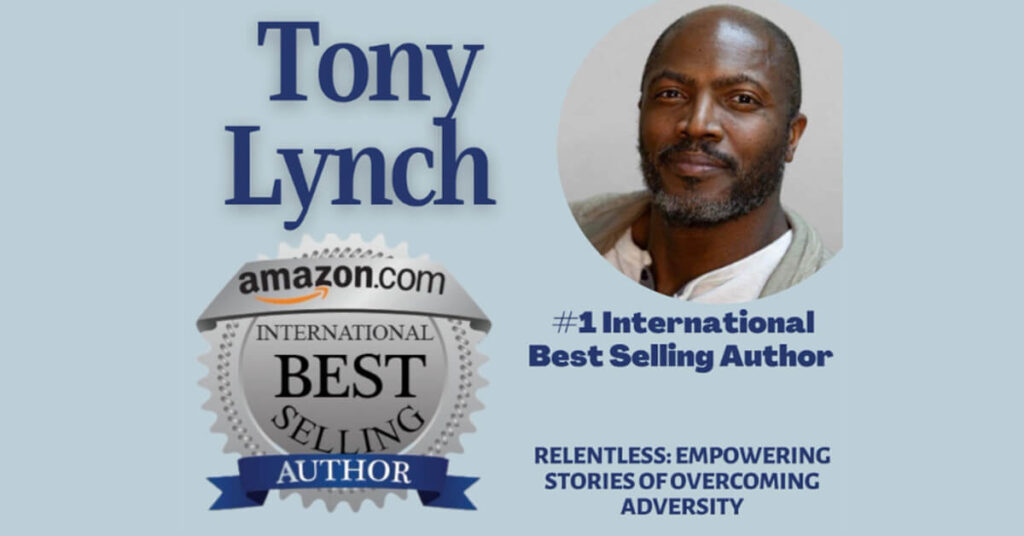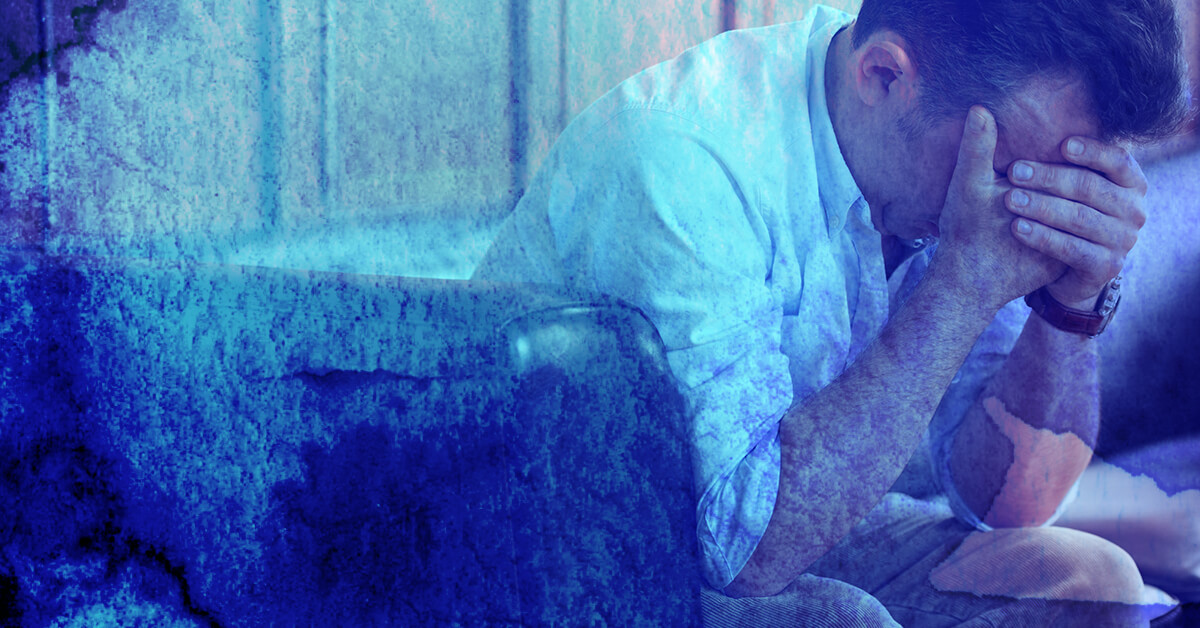I met Tony Lynch a few years ago as one of the organizers of the Global Grief Conference. Tony’s passion is to help men understand and process the emotions and feeling that come with grieving. He also helps the women who love them, better understand what they might be experiencing and how the man in their life might be feeling and processing that grief. That’s why I am so grateful Tony is offering these tips and suggestions on how to better understand men and their grief. – Sherrie Dunlevy
Being patient with us
In most cases others expectations often puts us in a rushed mindset often leaving out some vital areas of healing. If I could suggest just being a little patient with us as we go through the grieving process, encouraging that man to cry and opening up the door to do so can help. Sometimes sitting in silence can be a good thing as well.
Sharing a friendly memory or two helps and something important to remember is to try not to trade stories while they’re hurting as this can often force us into a place of solitude and deep loneliness.
Remember this is not a competition we often just want to be heard and told we are not going crazy for the way we feel.
Approaching with suggestions
When approaching with suggestions be sure you let them know you are worried about them and that you care.
I often suggest getting around other men who have walked similar paths.
Connection and community are important. This gives us a better sense of trust and understanding. Journaling is a great way to get what’s inside of you out and to keep it private.
Meditation often helps men to find some sort of peace. Meditation is a great way to release some of that numbness allowing them to remember that they mean so much more than a paycheck and protector.
Remember healing is painful so be sure to walk with that man and don’t rush or scold him when he gets down. Be patient and understanding and remember, we are doing the best we can with what we don’t understand.
Noticing the similarities and the not so similar
When men are dealing with grief and or trauma there are some things to look out for and some that you may not even notice. We have a tendency to dive into work putting in very long hours. We may stop at the local bar for a few drinks, or distance ourselves from family or friends spending a lot of time alone. You may find them giving up items that they would’ve otherwise kept. We often put in more time with those that are in our family, always ensuring you are ok yet making bad decisions like wanting to move from an area abruptly or rushing into personal relationships.
Understanding the unfamiliar
Understand that as kids most men are taught that emotions are a sign of weakness. We are taught what our primary role is as a protector and provider, that men don’t cry, or to “man up”.
It’s no wonder as we grow into adulthood it seems as we can seem to be emotionless .
Many times, we choose to hurt in silence rather than show you our pain. This can be a very lonely, hurtful, and a dark place for most men.
Yes men do get depressed, scared, feel shame and sometimes can be afraid to admit that our mental health is not in a good place because we don’t want anyone to thing we are weak or crazy, I know it may seem crazy but you are dealing with that masculine energy and a hurt man, and it can be a unsettling place.
Showing up
If you are wanting to know how to support that man in his lowest moment, simply just show up with the understanding of the weight that man is carrying on his shoulders and how tired he must be feeling fighting his frustration and emotions.
Guest Author: Tony Lynch


